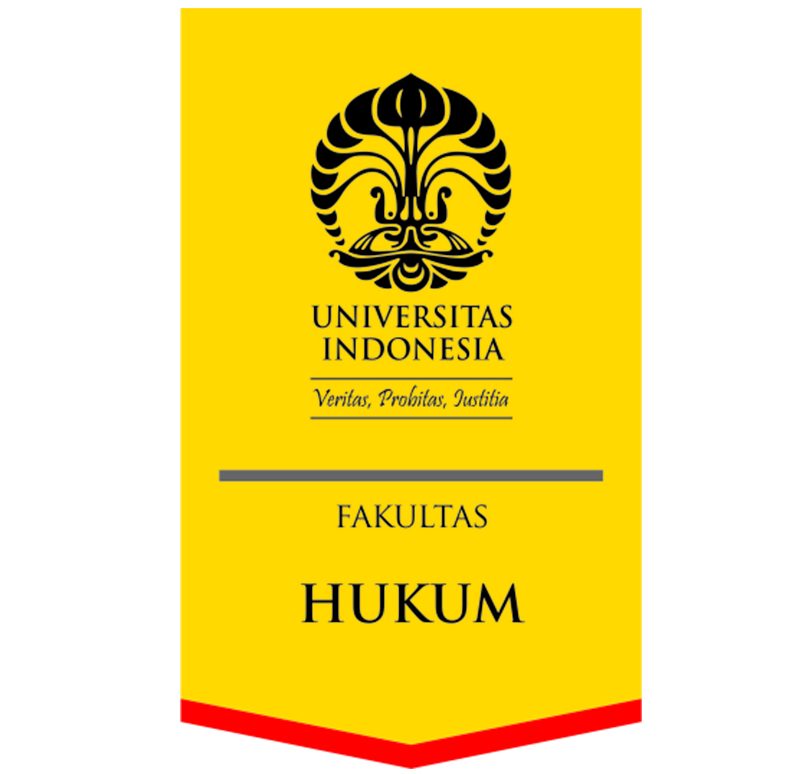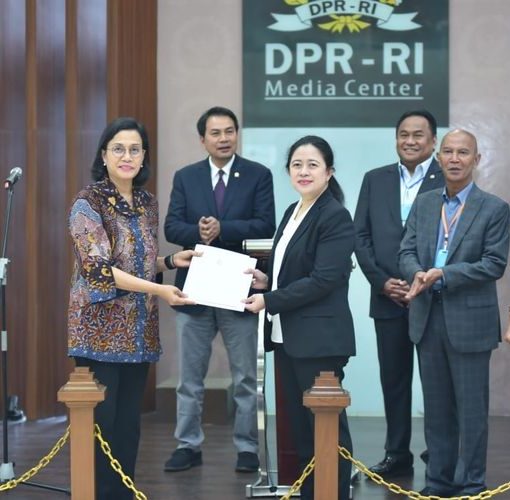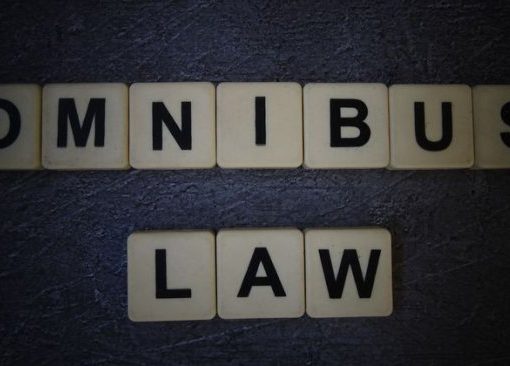
In May 1998, six demands for reform resounded throughout the country; almost all were related to the legal system. The effort manifested in the amendment of the 1945 Constitution, which included abolishing the Armed Forces’ (ABRI) dual-function doctrine, reinstating the supremacy of law, respect for human rights, and eradicating corruption, collusion and nepotism (KKN).
Other aspirations were indirectly connected with the law but required legal means to realize, including regional autonomy, press freedom and democratization.
Now, 20 years later, most of the demands have materialized. First, the amendment of the 1945 Constitution has produced a new constitution, the contents of which are far more democratic than the original one.
The success in formulating the new constitution has allowed Indonesia to become a role model for constitutional reform for new democratic countries. Some nations are now trying to renew their constitutions, such as Nepal, Myanmar, Vietnam and Egypt, after learning from Indonesia’s experience. I have received several invitations from these countries as a comparative constitution expert to supervise their constitutional amendment process.
Second, through the legal reform in the past 20 years, the country has put an end to the military’s dual-function doctrine. Thanks to the doctrine, which characterized the New Order regime, a soldier could occupy any government position, like governor, regent and mayor, as well as a legislative office like the People’s Consultative Assembly and House of Representatives, without giving up his or her military post. Now that the doctrine has been annulled, an active member of the Indonesian Military (TNI) and the National Police wishing to hold a government or legislative post is required to quit from his or her military/police service.
Third, the nation’s commitment to supremacy of law, respect for human rights and eradicating corruption is considered fundamental and a milestone. It was promulgated in the People’s Consultative Assembly (MPR) Decree No. XI/1998 on clean governance devoid of corruption, collusion and nepotism. It seeks, among others, tough actions against anyone involved in acts of corruption, collusion and nepotism, including former president Soeharto, his family members and cronies, without breaching the principle of presumption of innocence and human rights.
One thing the nation could take pride in at the time was the naming of Soeharto, who stepped down on May 21, 1998, amid massive public demand for sweeping reforms, in the MPR decree, which was then considered a reference of the country’s legal system.
The decree on anticorruption — albeit symbolic because Soeharto never stood trial until his death in 2008 — serves as a basis for the formulation of Law No. 28/1999 on clean and corruption-free governance and the formation of the highly credible Corruption Eradication Commission (KPK).
Today, after 20 years of reform, the corruption remains a problem plaguing the nation. The KPK has arrested dozens of public officials, but corruption seems to continue unabated. This fact is among other reasons for the reinstatement of indirect elections for regional heads by regional legislative councils.
About 14 years, ago the nation launched direct elections for regents, mayors and governors as part of its experiment with democracy. Corruption that entangled hundreds of directly elected regional heads has led to the view that democracy demanded high costs. Many elected local leaders embezzled regional budgets or accepted bribes in exchange for business permits to recoup their campaign spending.
In reality, some of the demands for reform could only materialize through the harmonization of laws. For instance, regional autonomy was introduced initially through the synchronization of various regulations concerning regional administration, with articles 18, 18A and 18B of the amended 1945 Constitution and several other provisions regarding regional autonomy.
Hundreds of old regulations were also revised, so that it can be said that in the 20-year reform period, the regional administration sector has been subjected to a very significant reform. Such changes have involved not only organic legislation in the sphere of regional administrations, but also several laws governing special autonomy in Papua, Aceh and Yogyakarta. In line with the regional autonomy policy, more provinces, regencies and cities in Indonesia have been formed.
The same process happened to press freedom. Thanks to the reform movement, the Press Law was amended to abolish press censorship that previously marked the New Order through cancelling the publication license (SIT) and revoking the press publication business license (SIUPP).
The roles of the Press Council were also reformed. Control over the substance of reporting is no longer performed by the government, but the public and independent entities. Nonetheless, freedom of the press has not completely been fulfilled as evident in the control of frequency as public property at the hands of a few media moguls. They misuse public frequency at will for television programs that promote their political interests.
Hopes for democratization could come true only through the legal instrument as evident in the formation of election-related laws. With the current system of general elections, Indonesia is virtually one of the most democratic states in the world.
The role of international agencies engaged in the advocacy of general elections and democracy in the early phase of reform in Indonesia has been declining due to, among others, democracy institutionalization that works. Since the beginning of its reform, Indonesia has held democratic elections four times.
The patterns of legal reform we’re applying today were adopted, among others, from the thoughts of Prof. Lawrence Meir Friedman, a professor of law at Stanford University California, in the United States.
In his book entitled American Law: An Introduction (1984), Friedman describes the elements of the US legal system. According to him, these elements are structure, substance, legal culture and impact. In reality, only the first three elements have been developed by Friedman.
The fourth is never again discussed in the chapters of his book. Based on the elements of the legal system elaborated by Friedman, the legal development in Indonesia was conceptualized and brought to fruition.
The pattern of legal reform adopted in Indonesia covers three elements, which are the aspects of structure (institutional setup), substance (legal material, or more popularly called legislation) and legal culture. Of the three elements, the third (legal culture) is the most important to observe today, because after 20 years of legal reform, legal culture has not really lived and grown in society.
Prof. Dr. Satya Arinanto, S.H., M.H.
Guru Besar Hukum Tata Negara FHUI
Opini ini telah dimuat di Harian The Jakarta Post Edisi 22 Mei 2018 (http://www.thejakartapost.com/academia/2018/05/22/desperately-reforming-legal-system.html)



